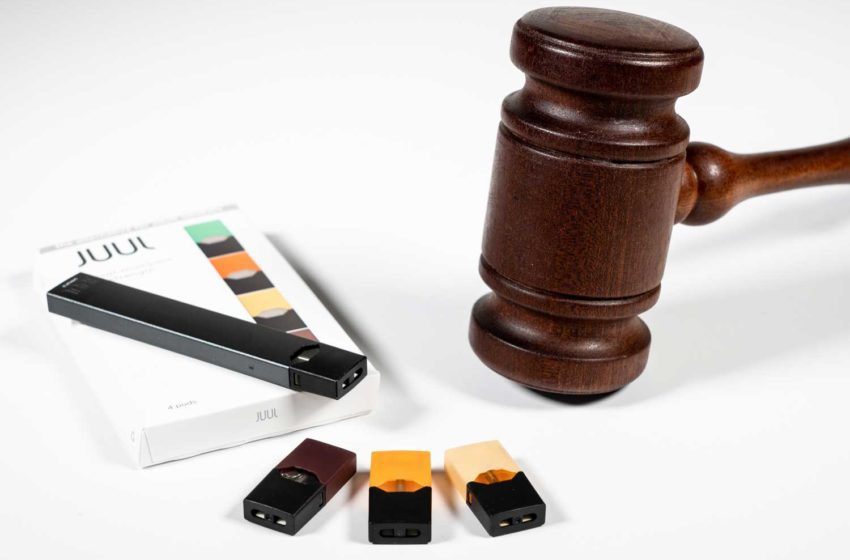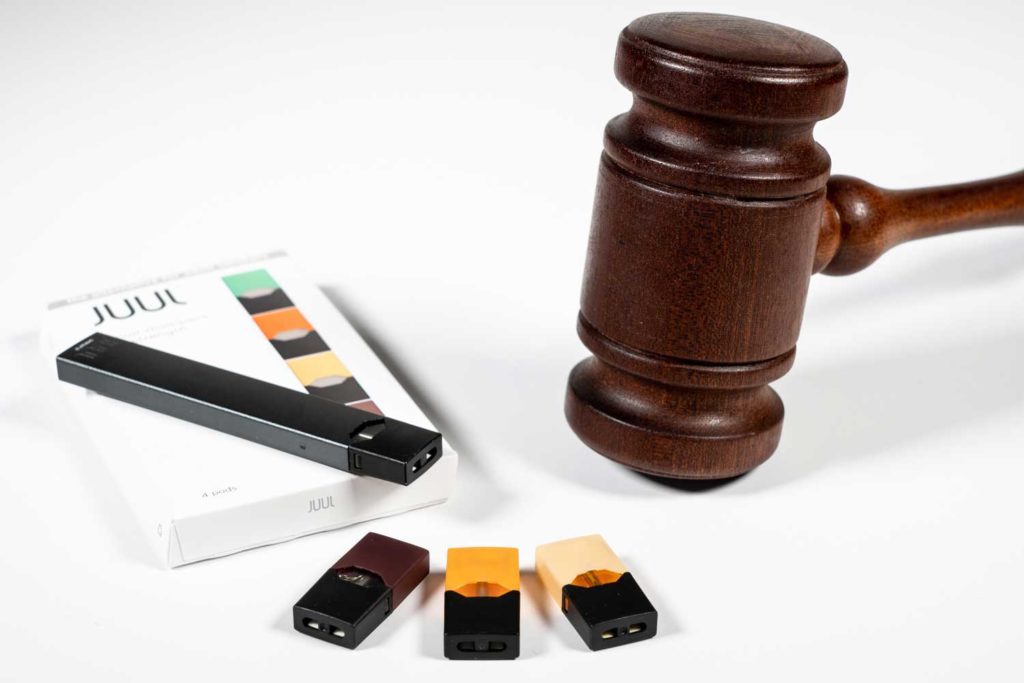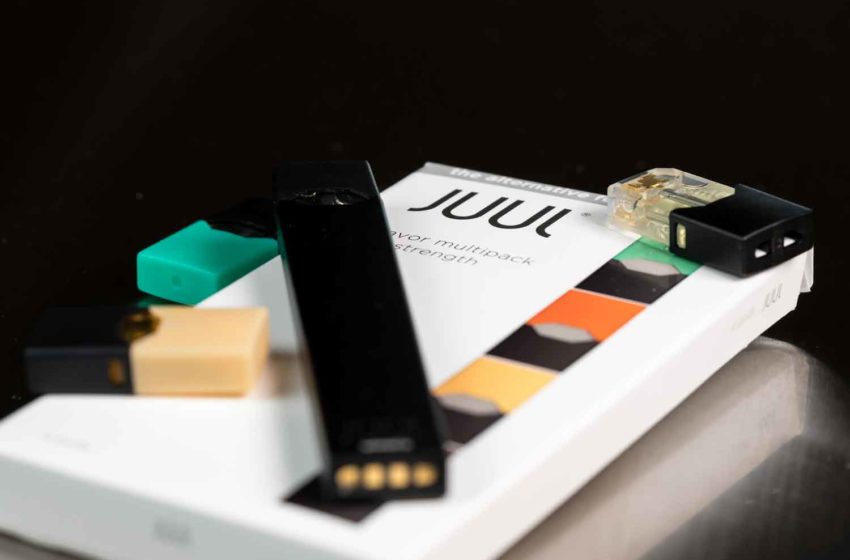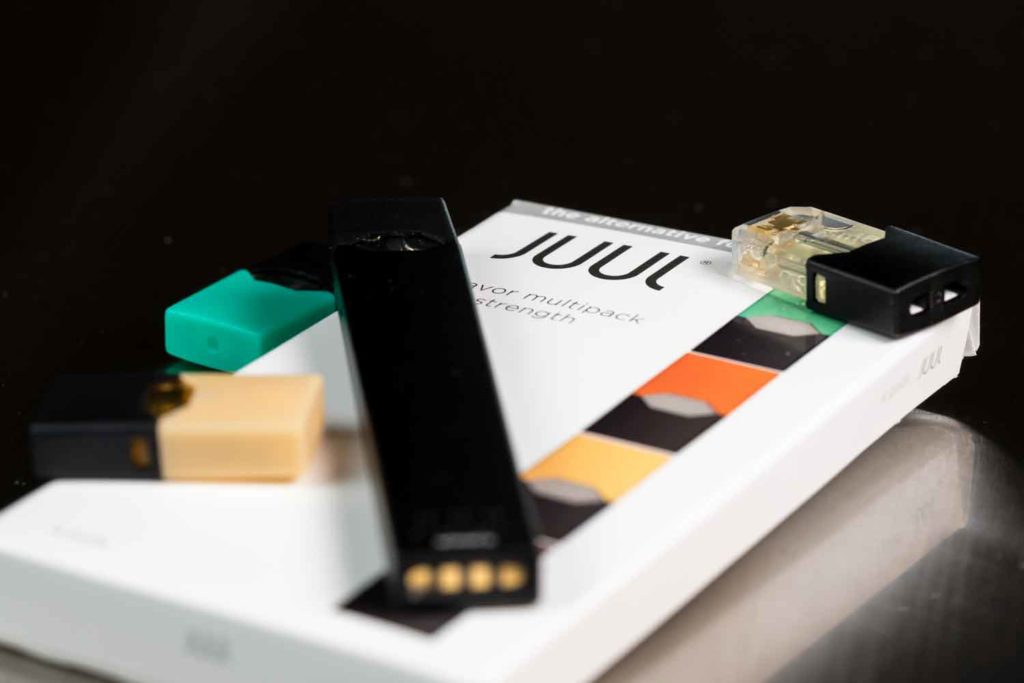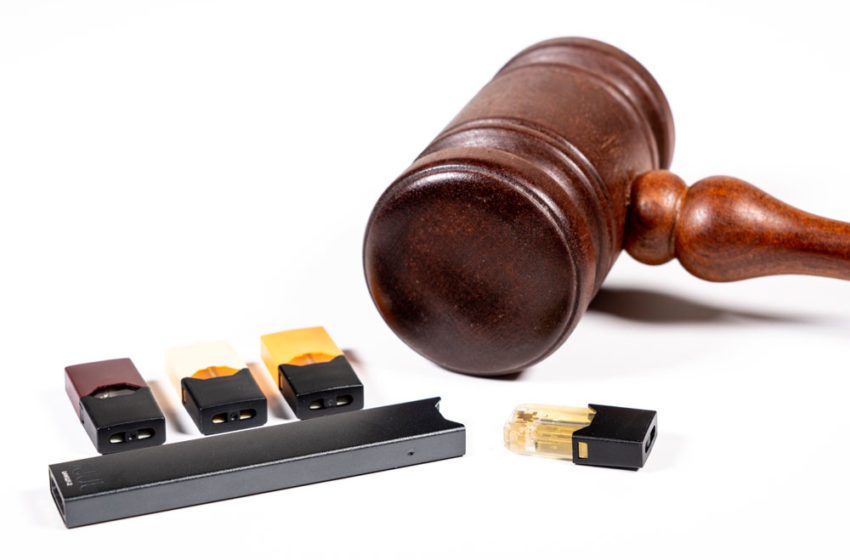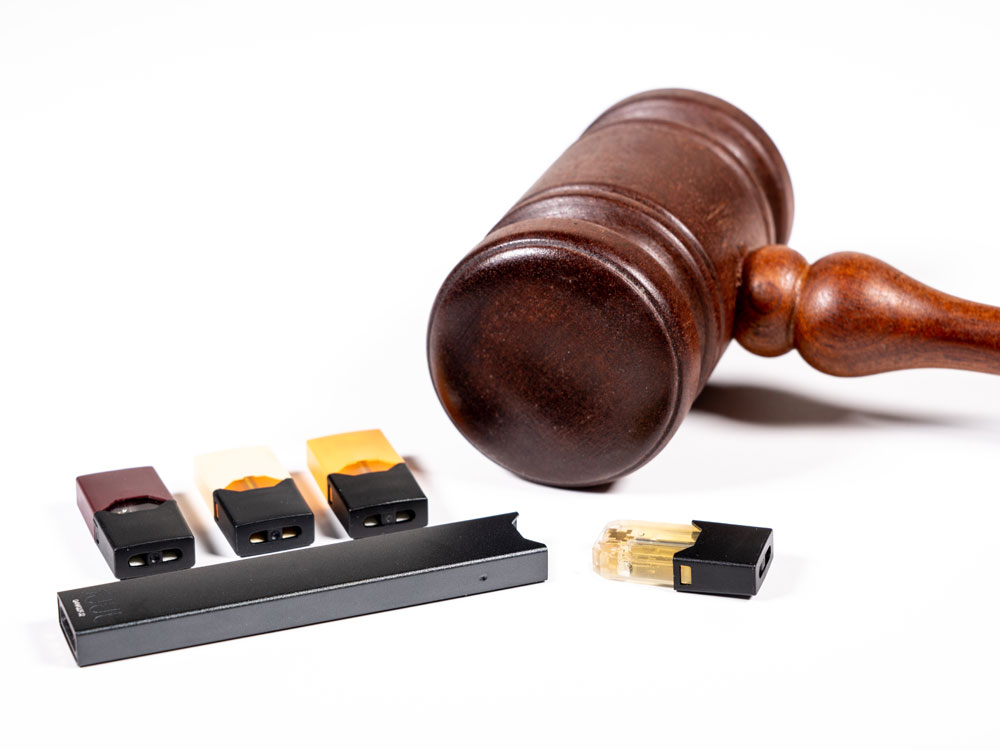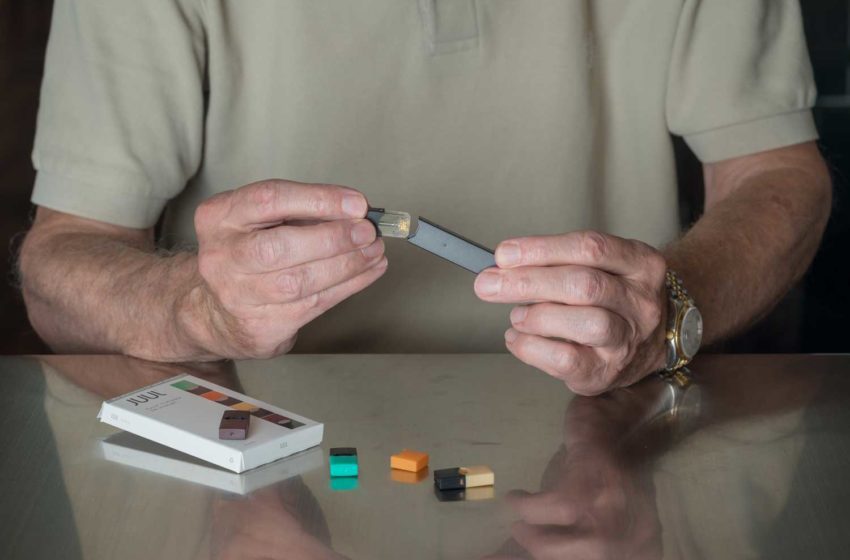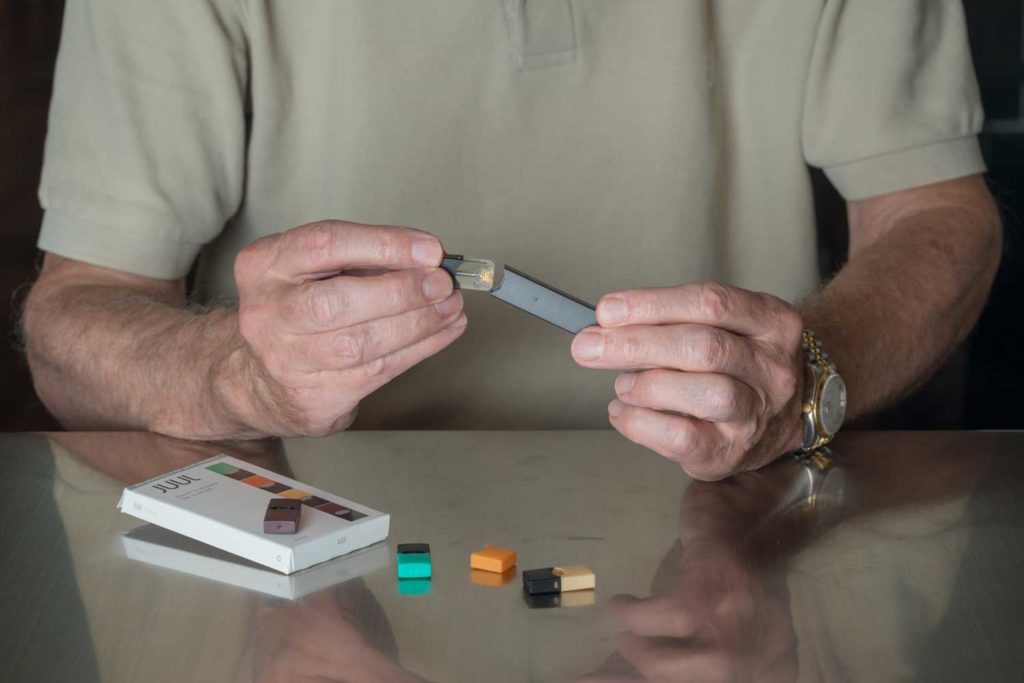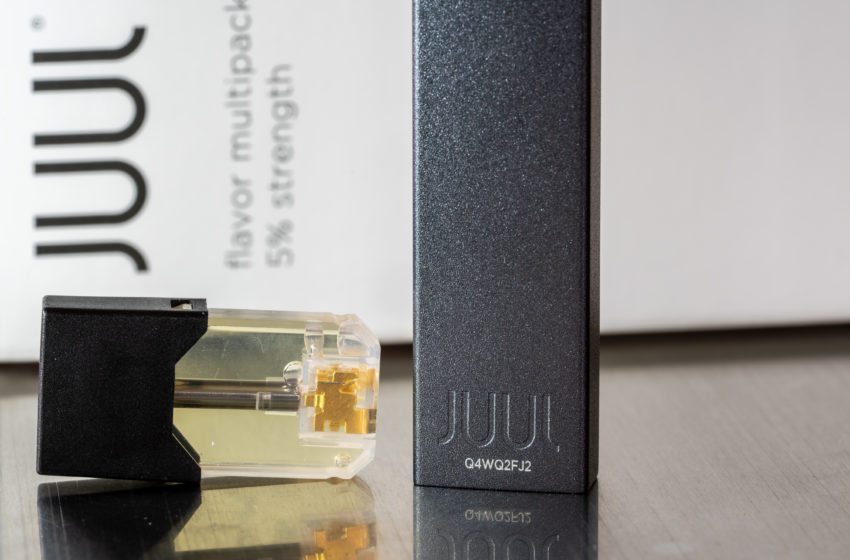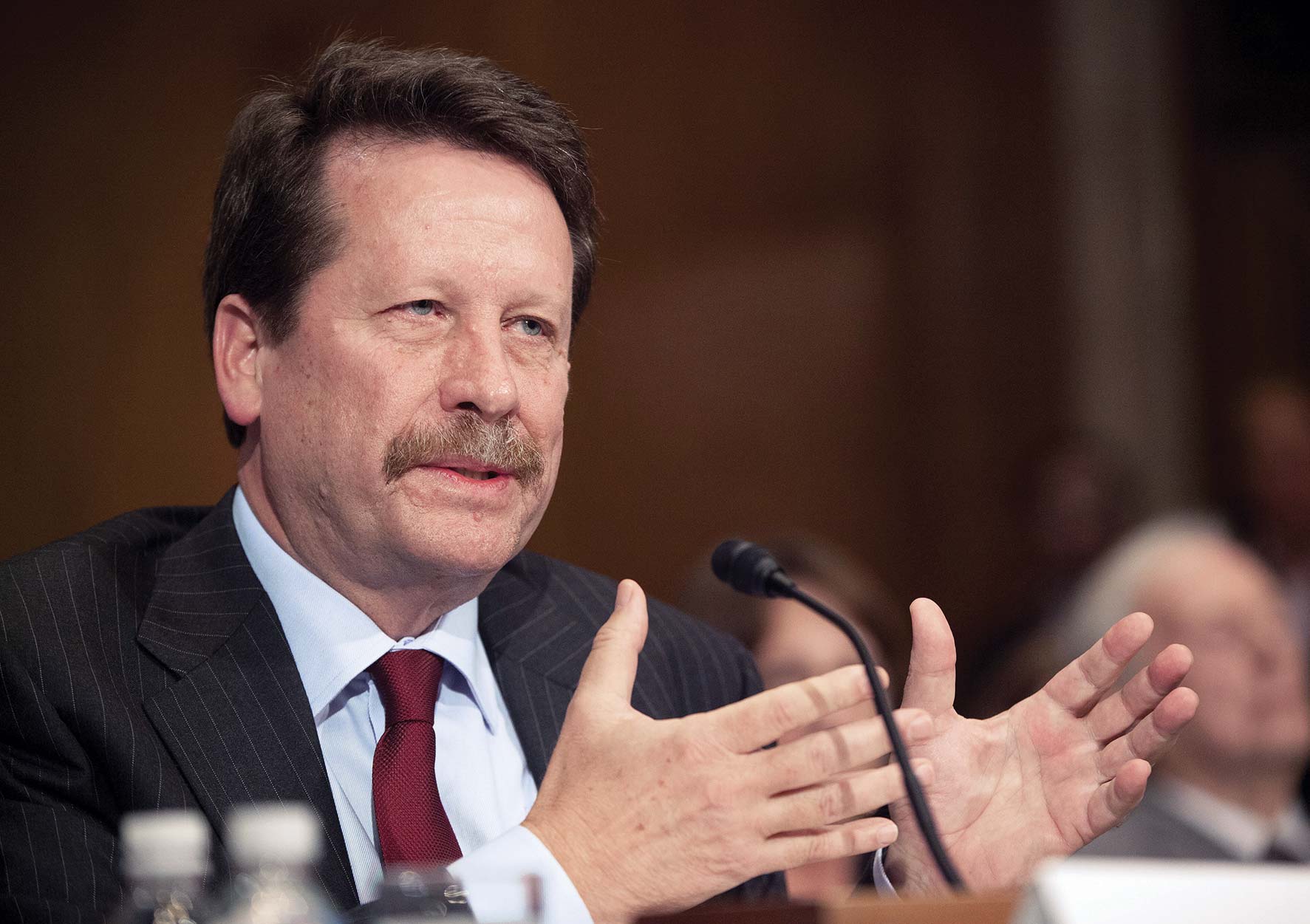The U.S. Food and Drug Administration’s marketing denial order for Juul may have been a political decision.
By Stefanie Rossel
In June, long-simmering criticism of the way the U.S. Food and Drug Administration is handling premarket tobacco product applications (PMTAs) culminated in a public uproar. “The whole regulatory process is becoming surreal now,” wrote Clive Bates, an independent public health and sustainability advocate, on his blog The Counterfactual. Bates was referring to the agency’s June 23 marketing denial orders (MDO) for all currently marketed Juul Labs products in the United States and compared them to the FDA’s previous marketing authorization of 22nd Century’s low-nicotine combustible cigarette. “No one could make a vape product even remotely as toxic as a cigarette,” Bates stated, “but guess which one got the green light.”
In its press release, the FDA said that Juul’s applications lacked “sufficient evidence regarding the toxicological profile of the products to demonstrate that marketing of the products would be appropriate for the protection of the public health.” In particular, some of the company’s study findings raised concerns due to insufficient and conflicting data, the agency claimed. The problems of genotoxity and potentially harmful chemicals leaching from Juul’s propriety e-liquid pods had not been adequately addressed in the applications, according to the FDA, thus precluding the agency from completing a full toxicological risk assessment of the products.
However, the agency admitted that to date it had not received clinical information to suggest an immediate hazard associated with the use of the Juul device or Juul pods. A further reason for the MDO, the FDA wrote in a statement, was that there was “no way to know the potential harms from using other authorized or unauthorized third-party e-liquid pods with the Juul device or using Juul pods with a non-Juul device.”
Michel Mital, acting director of the FDA’s Center for Tobacco Products, said that the agency was tasked with ensuring that tobacco products sold in the U.S. met the standard set by the law but that responsibility to demonstrate that a product meets those standards was with the manufacturer. “As with all manufacturers, Juul had the opportunity to provide evidence demonstrating that the marketing of their products meets these standards,” she said. “However, the company did not provide that evidence and instead left us with significant questions.”
The FDA’s Volte-Face
One day later, Juul Labs requested and was granted an emergency stay of the FDA order by the U.S. Court of Appeals for the D.C. Circuit to give the judges time to evaluate the merits of Juul’s appeal. In its court filing challenging the FDA ruling, the company called the FDA’s order “extraordinary,” “discriminatory” and “unlawful” and said that it would suffer significant irreparable harm without a stay.
The agency, Juul Labs claimed, had overlooked more than 6,000 pages of data in the applications on the aerosols that users inhale. The company, which argued that it has helped 2 million adult smokers quit traditional cigarettes, also suggested that the FDA’s decision was influenced by political pressure—through letters and at hearings, the company said in its filing, members of Congress pressed FDA officials to commit that Juul products would not be authorized. Furthermore, the manufacturer questioned the agency’s handling of the MDO announcement, which had been leaked to the media before it was officially announced.
On July 5, the FDA backed down and temporarily halted its ban on Juul Labs products while the manufacturer appeals the agency’s decision. The agency said it had determined that there were scientific issues unique to the Juul application that warranted additional review. The FDA stressed that its suspension did not mean rescission of the MDO. While the stay technically doesn’t allow Juul to continue selling its products, the FDA later explicitly stated, for the first time, that it did not intend to take enforcement action against the Juul products subject to the MDO.
Different Treatment
The removal of Juul products from the U.S. market would have far-reaching implications. The company had experienced a fairy-tale rise from a small business to U.S. market leader of the vape category. It was said to have revived the stagnating U.S. vape market and became so popular that the term “Juuling” became almost synonymous with “vaping.” Coming in a sleek design and with a nicotine salt-based pod system, Juul products were easy to use and able to satisfy the nicotine cravings that smokers previously satisfied with cigarettes. At the height of its success, Juul Labs accounted for more than 80 percent of U.S. nicotine vape sales. In 2018, it sold a 35 percent stake to Altria. If its products were to exit the market, smokers seeking to switch as well as vapers would be left with a mere handful of FDA-approved, but decidedly less popular, vape products.
In a letter to investors, the financial services company Morgan Stanley wrote that a Juul MDO would create opportunities for other reduced-risk products that have already received PMTA approval, most notably BAT, which recently overtook Juul as the leading U.S. vape manufacturer through its Vuse brands with a market share of more than 33 percent. In recent months, the FDA has authorized several vape products for marketing in the U.S. market, among them Njoy and Logic variants.
While tobacco control activists welcomed the FDA’s decision, vaping advocates were shocked, and the events following the MDO sparked much speculation. The agency treated Juul’s application very different from those submitted by competing vaping companies, according to critics. Following its normal process, the FDA should have sought answers to its “significant questions” about Juul’s application through a deficiency letter. Instead, the FDA simply banned Juul’s products. Also, the agency did not rescind its MDO for Juul as it had done for other companies after admitting potential errors. In addition, the FDA in its MDO held Juul responsible for third-party or counterfeit Juul products—a task that belongs to the regulator.
Punishing Past Mistakes
“It looks like the FDA searched for a pretext for denying Juul’s products, and this is the best they could come up with,” wrote Bates. The MDO seems to be designed to punish Juul for past mistakes. When the company entered the U.S. market in 2015, its early ad campaigns were heavily criticized for targeting youth.
Critics held the company single-handedly responsible for triggering a youth vaping “epidemic.” By the time Altria purchased a stake in Juul, the e-cigarette manufacturer was facing a sea of lawsuits. Around 2,000 cases have been filed against the company, by cities, counties, school districts and states, claiming that Juul purposefully addicted teenagers to its products with high-level nicotine pods.
Although youth vaping, which was never high on a daily basis among youth who have never smoked, has been declining since 2019 and vaping adolescents have turned to other, mostly disposable products such as Puff Bar, Juul Labs continues to bear the blame for youth vaping in the popular imagination.
Over the past years, the company has gone out of its way to please anti-vaping advocates—perhaps mistakenly, according to critics. Instead of challenging the misinformation spread by its opponents, Juul removed its flavored pods from the market before the law required this.
FDA Processes Questioned
While the MDO decision surprised many, the FDA’s subsequent administrative stay later made the story only more curious. Almost immediately querying a decision that the FDA had taken two years to reach appeared odd at best. Experts assumed the FDA realized that its arguments were weak and wouldn’t stand up to a legal challenge. The withdrawal leaves the agency with two options: issuing a new, amended MDO or admitting that it has erred, releasing a full rescission and putting Juul back in scientific review.
In an interview with Filter, Bates said the PMTA process was “wide open to abuse” as the agency can set arbitrary standards for what it considers acceptable.
In mid-July, the American Vapor Manufacturers Association (AVMA) asked the U.S. Department of Health and Human Services inspector general to investigate whether the FDA’s MDOs were driven by political pressure. “Manufacturers are routinely meeting the PMTA requirements to scientifically demonstrate how their products are appropriate for the protection of public health,” wrote AVMA President Amanda Wheeler. “Despite compliance, the agency isn’t approving the vape products sought by adults who want to quit smoking. The Office of Inspector General should open the door and hold the FDA accountable to its standards.”
In recent months, the FDA has faced increasing public and congressional scrutiny not only over its regulation of novel nicotine products but also for its role in a shortage of infant formula. On July 19, FDA Commissioner Robert Califf announced an external review of the agency’s offices on food safety and tobacco regulation.
The agency has tasked the Reagan-Udall Foundation with an assessment of the resources, procedures and organization of the offices on food and tobacco as well as parts of the Office of Regulatory Affairs, the division that conducts inspections. Whether the measure will improve Juul’s odds remains to be seen. The initial evaluation of the reviewing process was scheduled to be completed within 60 days.



